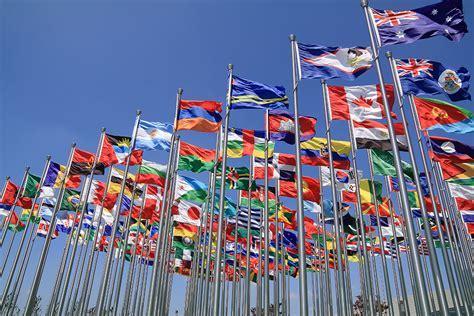Abstract: Global Times on Sunday published an article China’s engagement in rule-making key to WTO reform, compiled based on a report by Beijing-based private strategic think tank Anbound. The article said that since US President Donald Trump lashed out at the global trade system and threatened to pull the US out of the WTO if it doesn't "shape up," WTO members have been under increasing pressure to reform. In this context, China must safeguard the multilateral trade mechanism and prepare for WTO reform.
To maintain the existing WTO multilateral trade framework, China and developing economies should take the initiative and get more involved in the design of new rules instead of letting US unilateralism and protectionism hijack the multilateral trade agenda.
The full text of the article is as follows:
With the escalating China-US trade conflict, much attention is being paid to the upcoming bilateral meeting during the G20 summit, which is expected to yield certain agreements to ease the dispute.
In the meantime, another important "battlefield" - WTO reform - also deserves our attention.
While the WTO's rules haven't been changed since 1994, there have always been calls for reform. Since US President Donald Trump lashed out at the global trade system and threatened to pull the US out of the WTO if it doesn't "shape up," WTO members have been under increasing pressure to reform. But Chinese leaders have said repeatedly that they want to maintain the WTO framework.
The WTO is a multilateral trade mechanism. It may be easy to destroy an old mechanism, but it is difficult to establish a new one. There is also the risk that the new trade mechanism will have new rules, which may not be conducive to the beneficiaries of the past. In this context, China must safeguard the multilateral trade mechanism and prepare for WTO reform.
Moreover, China is not just facing pressure from the US. According to a Reuters report, European Trade Commissioner Cecilia Malmstrom told a conference in Paris on November 16 that China must make some concessions in negotiations on WTO reform, or risk a US exit from the system.
"China has won a lot from the WTO system, and we call on China to show leadership and to engage with us to reform and to update the system, to create a level playing field. Because otherwise the US will create a level playing field outside the system," said Malmstrom. The EU, Japan, Canada and South Korea are joining forces to push forward WTO reform.
Given this complex situation, there are two things China can do in terms of participating in WTO reform.
First, it should take the initiative to offer its own proposals for WTO reform. If reform is inevitable, whether a member's proposals are accepted will be crucial for its interests under the new rules.
Second, China must be prepared for bargaining with other parties. The reason why the US and EU are jointly pushing for WTO reform is that they think China and other emerging-market economies have benefited too much from the system, which is not fair to them. It can be expected that a certain part of their reform plans and proposals will target China.
China needs to prepare some bargaining chips in the reform negotiations.
According to a reform plan to be proposed jointly by Japan, the US and the EU, WTO members that are found to have offered incentives to domestic industries without reporting this to the WTO would face penalties. If the problem continues for another year, the member would lose the right to speak at key meetings except at the very end of discussions, which is close to "suspending the eligibility to take part" in the WTO, Nikkei has reported.
Although developed economies like the US, the EU and Japan have different views on the means and methods of WTO reform, they still have common interests when facing the rise of emerging-market economies. As a result, China has become the main target of their reform proposals.
China must give due attention to and make proper preparations for WTO reform. Otherwise, even if China reaches an agreement with the US on their bilateral trade dispute, it may again be put on the defensive in the face of WTO reform.
The call for WTO reform is a reflection of the wave of rising anti-globalization sentiment and a response to addressing the issue. Now the EU is calling for China's cooperation in the process of WTO reform. China is willing to give its input. While preparing its own reform proposals, China should be fully aware that it will face a hard battle in the negotiations over the reform plans, as it did when it made a bid to join the trade organization years ago.
To maintain the existing WTO multilateral trade framework, China and developing economies should take the initiative and get more involved in the design of new rules instead of letting US unilateralism and protectionism hijack the multilateral trade agenda.




 A single purchase
A single purchase









